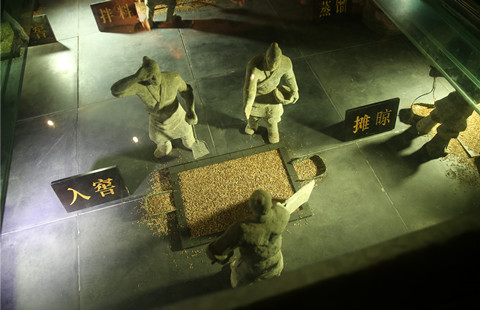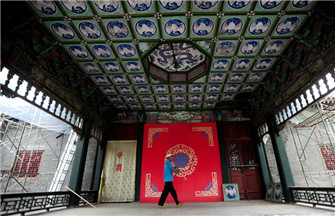For whom the robot's bell tolls
By Yang Yang ( China Daily ) Updated: 2015-08-12 07:40:45
 |
|
Martin Ford. Photo provided to China Daily |
In his introduction to the book, Ford quotes a Washington Post report in 2010 that said that in the first decade of the new century no new jobs were created in the United States.
"This is a long-term structural issue. Fewer jobs will be created in the future, but robots are getting increasingly smart enough to do more people's jobs.
"As a matter of fact, about 90 percent of people in the US are working in an occupation that was created 100 years ago. A huge number of people will lose their jobs once self-driving cars are put in wide use."
Ford has had a small software business in Silicon Valley, California, since 1997. He says that over the ensuing 18 years he has seen huge changes to his business.
In 1997, when Microsoft was already huge but was still growing, Ford's company created software for the Windows operating system. When the company was founded, he says, there were people doing routine jobs such as packing and sending out CD-ROMs. In a few years those low-skilled jobs disappeared-as did CD-ROMs.
He then began writing his first book, The Lights in the Tunnel: Automation, Accelerating Technology and the Economy of the Future, which was self-published in 2009. In the book he envisaged how people will lose their jobs in the future.
However, Ford says that even he did not expect technology to advance as quickly as it has, because within six months after the book was published, Google announced that it was developing self-driving cars.
"Now there are many companies working on it, so is (the taxi-hailing app developer) Uber. It's really becoming a huge thing very rapidly."
Six years have passed since the first book came out, and Ford cites numerous examples and a mass of academic data in the new book, most of it emanating from the US, to show how technology affects the job market.
|
|
|
|
|
|
|
|





















 Raymond Zhou:
Raymond Zhou: Pauline D Loh:
Pauline D Loh: Hot Pot
Hot Pot Eco China
Eco China China Dream
China Dream China Face
China Face





